President Muhammadu Buhari has expressed the need for Nigeria and her neighbours to step up measures towards effective policing of borders.
Buhari stated that the fragile nature of entry points into various countries enhances terrorism, economic sabotage, and the illicit flow of arms.
Join our WhatsApp ChannelThe President spoke Thursday at State House, Abuja, while playing host to Dr Kunio Mikuriya, Secretary General, World Customs Organization (WCO), who is in Nigeria for a Global Conference on Fragile Borders.
Commending Mikuriya for his 4th visit to the country, President Buhari said this current one was coming at a time we were preparing for general elections, and “I have made it a cardinal commitment to ensure each Nigerian is able to exercise their franchise by participating in a free and fair election, in the true practice of our relatively nascent democracy.
“It is our objective to ensure this takes place in a peaceful and conducive atmosphere, despite all the usual excitement and gamesmanship that is known to occur during election campaigning.”
The theme of the conference is ‘Enabling Customs in Fragile and Conflict Affected Situations,’ which the President said is of “critical importance for us as a country as we go to the polls, but equally important to most countries on the continent, and dare I say the world. In fact, it is quite frankly the singular most concerning sub-issue in our national security agenda. The fragility of our borders has been a major Achilles heel in our fight against terrorism, economic sabotage and illicit flow of small and light weapons.”
President Buhari said it gladdens his heart, that the WCO has dedicated an entire conference to the subject and theme, “thus recognizing not only its importance but dedicating working sessions and brainstorming around it and inviting great thought leadership to dissect the issues and explore how nations in Africa can address this problem given our unique set of circumstances while also pursuing our joint and collective idea of an interconnected continent via trade and movement of goods and services.”
The Nigerian leader briefed the WCO Secretary General and his team on a number of efforts in combating the challenges of fragile borders, which include:
“Our National Security strategy 2019 promotes close inter-agency cooperation and the National Counter-Terrorism strategy which mandates Nigeria Customs Service to support other Agencies of government on fighting terrorism;
“Support for the armed forces in launching operations to secure our borders;
“Demonstration of a strong political will to support Nigeria Customs Service, as a critical agency of state in the discharge of its security and revenue mandates;
“Approval of the Federal Executive Council for a new Customs Modernization Project that actively promotes the integration of technology into border operations;
And “the ongoing effort to review the Customs enabling law to strengthen the Nigeria Customs Service and provide stiffer sanctions against smuggling and other criminal acts.”
President Buhari hoped that the conference will seek to understand the operating environment that exists around countries that struggle with fragile borders, and see how comprehensive and exhaustive solutions can be proposed that deal with the multi-faceted nature of the issues.
Dr Mikuriya described WCO as a 184-member worldwide organization, in which Nigeria plays an active and vibrant role.
He said Customs services must now go beyond mere revenue generation, and delve into security, as “without security at the borders, we cannot effectively collect revenue.”
Mikuriya lamented that Customs officials are often targets of terrorists and armed groups, “and so we need to have collaboration with other security agencies, share intelligence, and deploy technology.”
He thanked Nigeria for hosting the three days conference.


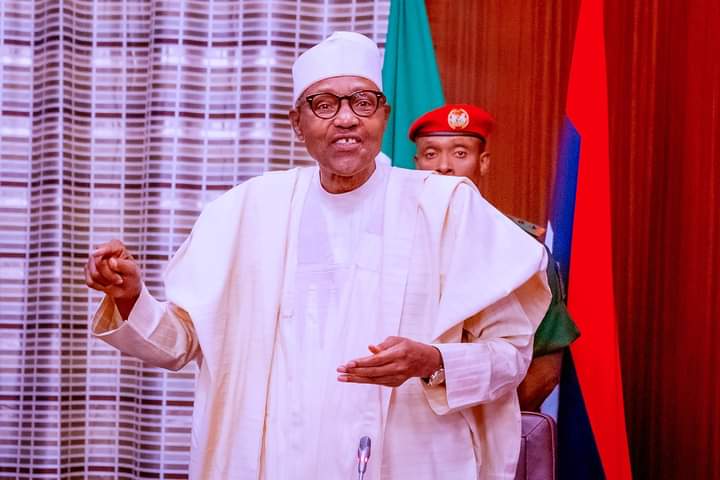
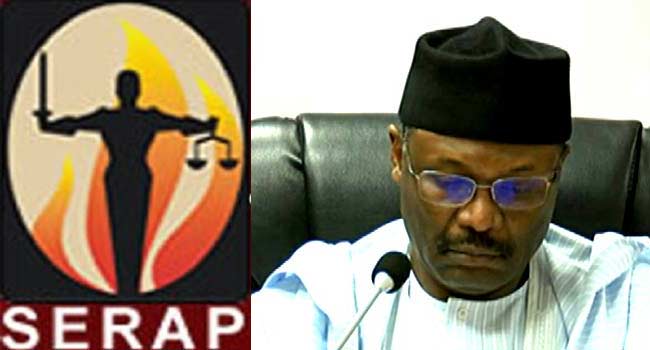
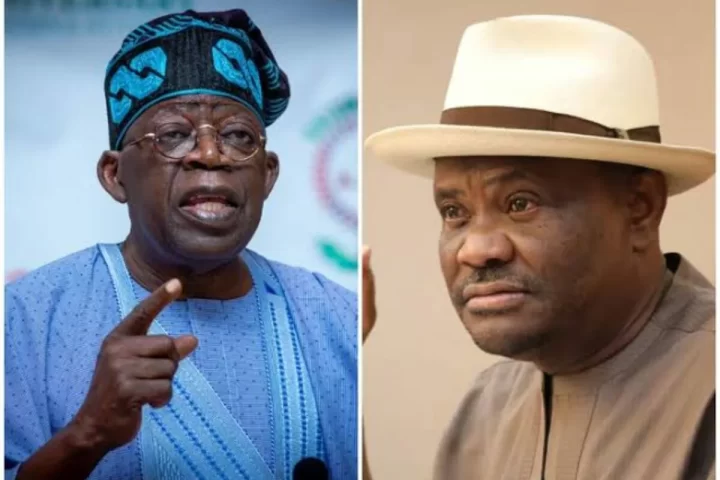
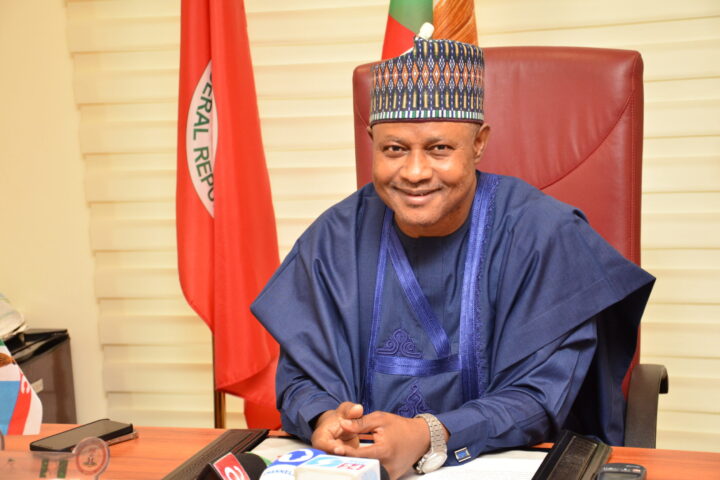

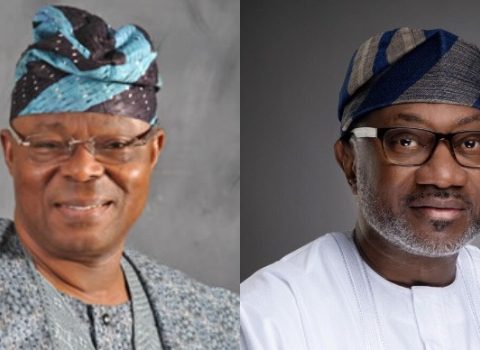
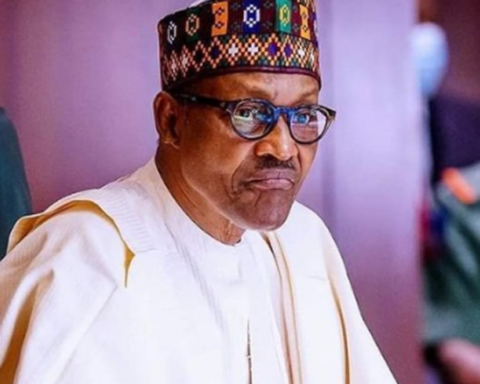






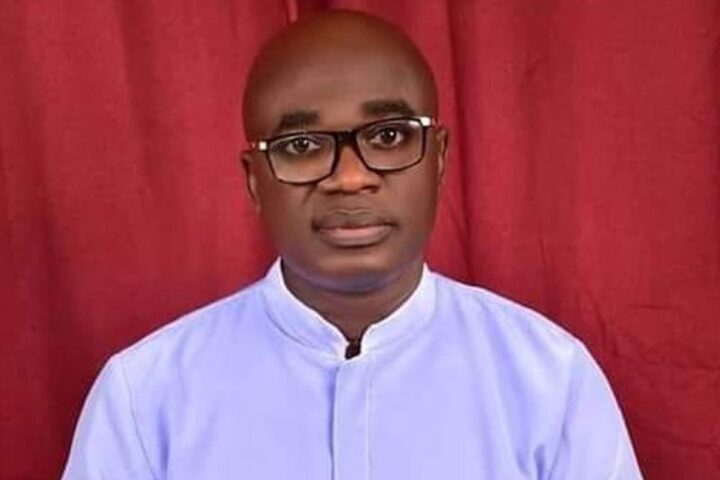
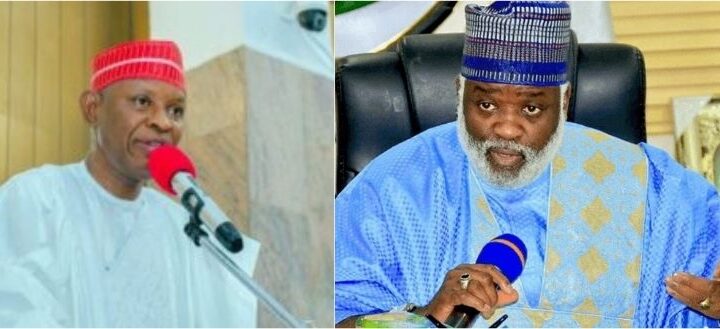
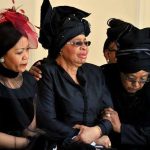
Follow Us